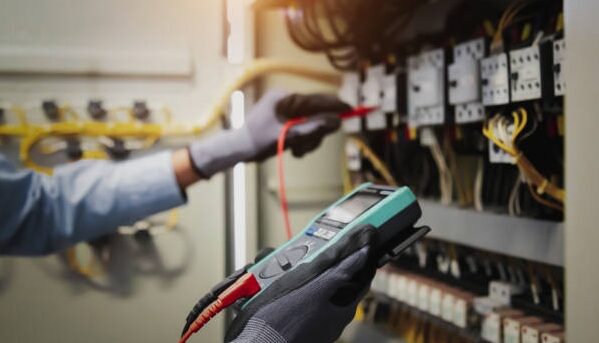In our modern lives, electronic devices are as essential as electricity itself. From smartphones and laptops to refrigerators and medical equipment, we rely on a complex web of electronic circuits and components daily. Yet, when these electronic devices malfunction or slow down, the immediate reaction is often to replace them. However, the practice of electronic repair and maintenance is far more than just a cost-saving measure; it’s a crucial habit with wide-ranging benefits for our wallets, our planet, and our own resilience.

Repair and maintenance save significant money
Electronics, especially major appliances or high-end gadgets, represent substantial investments. While a new device might seem like the simplest solution, the cost is often many times higher than a repair. Regular maintenance, like cleaning dust from a computer fan or calibrating a smart thermostat, can prevent minor issues from escalating into expensive failures. Think of it like changing the oil in your car: a small, regular investment prevents catastrophic engine failure later. Choosing repair over replacement directly extends the lifespan of your devices, maximizing the value of your initial purchase.
Protecting our environment
Beyond personal finance, electronic repair plays a vital role in protecting our environment. The manufacturing of new electronics consumes vast amounts of energy, water, and rare earth minerals. Furthermore, discarded electronics (e-waste) are the world’s fastest-growing waste stream. Toxic substances like lead, mercury, and cadmium found in many components can leach into soil and water if not disposed of properly, posing serious health and environmental hazards. By repairing a device instead of tossing it, we dramatically reduce the demand for new resources and the volume of hazardous e-waste needing management. It’s a direct contribution to sustainability and resource conservation.
Ensure reliability and safety
Regular maintenance and professional repair ensure reliability and safety. Electronics degrade over time. Dust buildup causes overheating, worn-out capacitors can cause unexpected shutdowns, and frayed power cables pose fire risks. Proactive maintenance identifies these potential hazards before they cause data loss, device failure, or even accidents. For instance, ensuring a laptop battery isn’t swelling or that a home router isn’t overheating prevents dangerous situations. Similarly, repairing critical devices – like medical equipment, communication tools, or safety systems – isn’t just convenient; it’s often a matter of life-saving reliability.
Repair fosters convenience and continuity
Imagine your work laptop failing just before a major deadline, or your refrigerator breaking down with a week’s worth of groceries inside. A reliable repair service can often get your essential device back up and running much faster than waiting for a new one to be sourced, shipped, and set up. This minimizes disruption to your work, home life, and daily routines. Knowing you have the option to fix, rather than immediately replace, provides peace of mind and reduces stress when technology inevitably stumbles.
Skills development and local economies
Repair technicians possess valuable knowledge that keeps our essential technology functioning. Choosing independent repair shops over simply buying new supports local businesses and preserves these critical skills within our communities. It challenges the culture of disposability promoted by fast-paced consumerism.
In conclusion
Electronic repair and maintenance are not outdated concepts, but essential practices for a sustainable and resilient future. They offer significant financial savings, drastically reduce our environmental footprint, ensure the safe and reliable operation of the devices we depend on, minimize daily disruptions, and support valuable skills and local businesses. Next time a device falters, consider repair – it’s a choice that benefits far more than just your immediate problem. Embracing a “fix it first” mentality is a powerful step towards responsible technology use.



